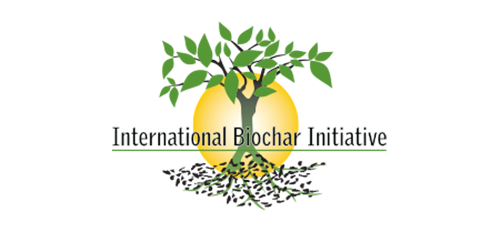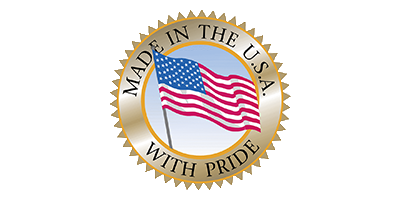Table 1 - Removal of metals from the water by our Biochar
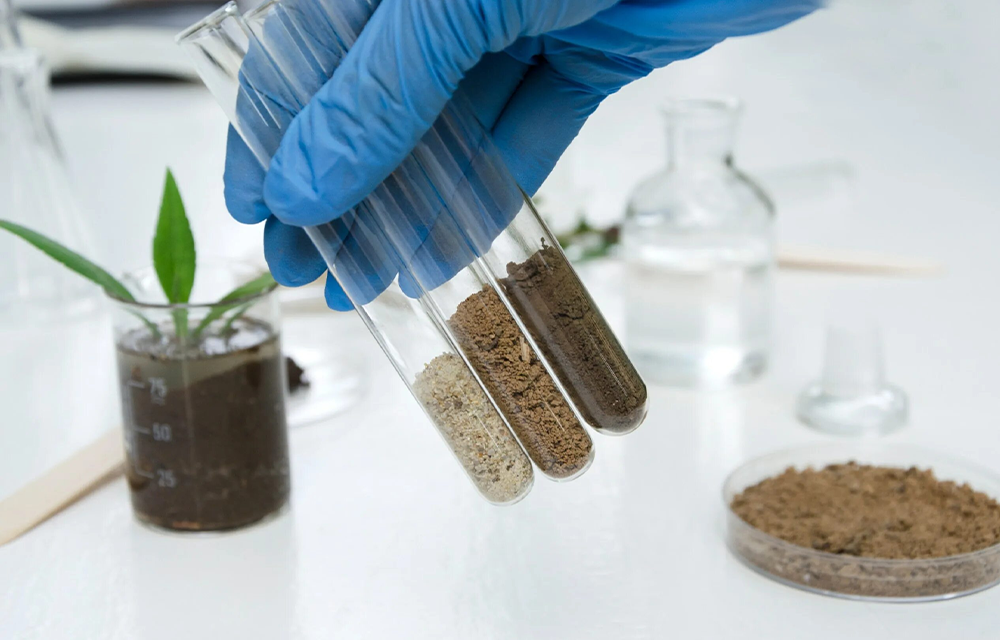
Metals
Biochar Now has commissioned comprehensive third-party tests for our product. Below is a table of some heavy metals including some that are highly toxic. Due to its cation exchange ability, the results of removing the heavy metals are exceptional.
It is important to note that toxic substances are attracted and bind to the walls of the BioChar, and are locked in a molecular capsule And will not be released By themselves so That the roots of the plants will not absorb the toxins associated with the capsule.
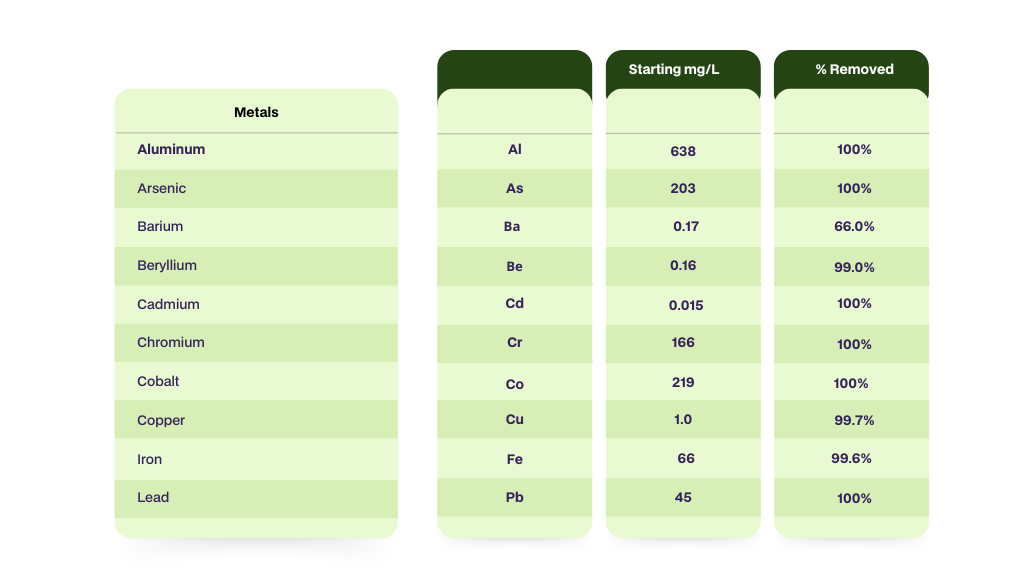
Nutrients
Nutrients are an important adsorption category for Biochar Now. Sometimes, the data are important for the availability of nutrients (e.g. for plants) and sometimes they are important for the removal of nutrients (e.g. water Cloudy in the field, And water reservoirs).
In both cases Biochar Now Biochar The product is excellent. As a note: By the way, you should know that you can recover the "The socks with The patented "pores" of BioChar Now when they Loaded with nutrients, and can be restored and used In gardens, and in agricultural fields, to improve plant growth.
Table 2 - Removal of nutrients from the water by our Biochar

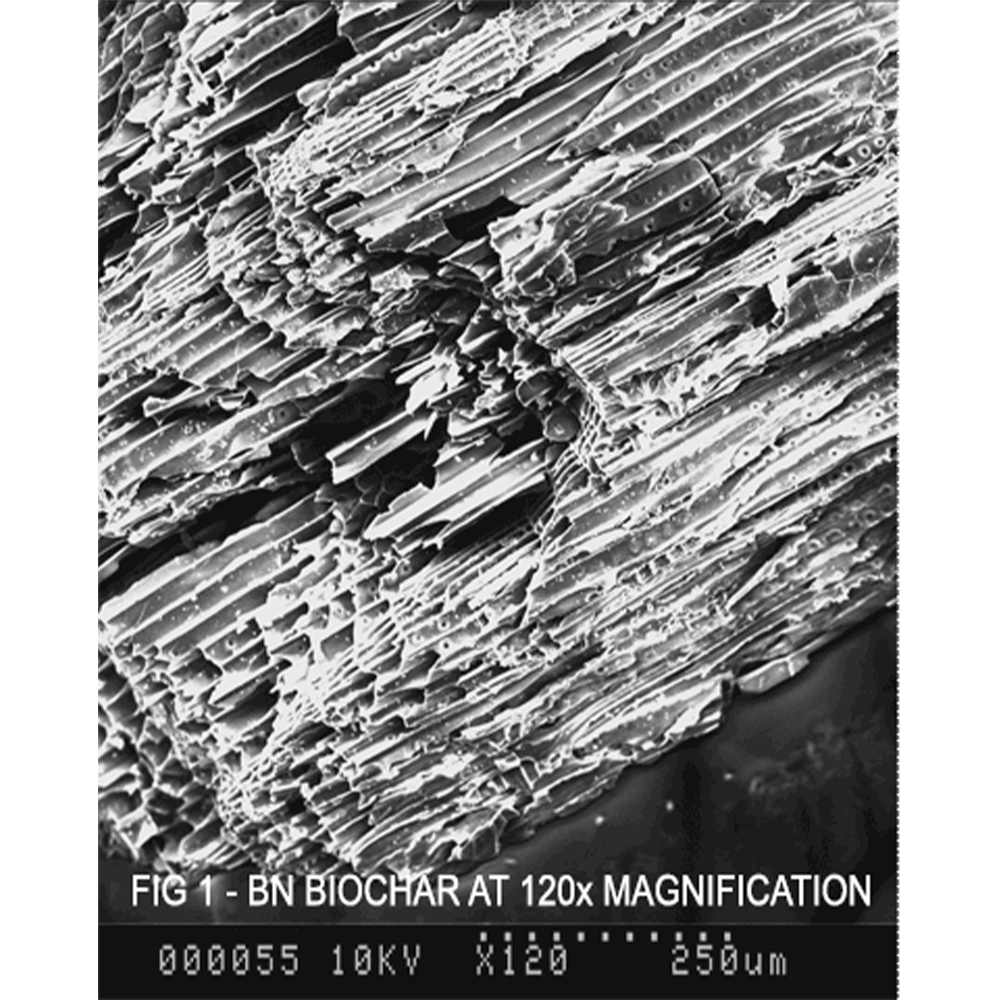
Solids
Share details about a promotion, well When loading Bio-char In a unique sock with Pores and laid in a lake, pond, or polluted river, with nutrients, the natural currents will flow the water through the Biochar sock. Solids will be physically filtered due to its external molecular shape Of Biochar. (See Figure 3). The physical removal of algae blooms (turbidity) and solids is very effective.
It is important to know that toxic substances are attracted and bind to the walls of the Biochar, they are considered as additives Are fixed in a capsule and will not be released that way, Plant roots will not absorb the associated toxins.come customers, describe a product, or talk about your brand.
Water Adsorption
Water adsorption is a very important feature of Biochar due to the drought conditions caused due to climate change. Our BioChar holds 5.6 times his weight in water and the water is always available to the roots. Evaporation is negligible due to the long and narrow pores with very small openings at the edges as can be seen in Figure 3 above.
Water holding capacity = 5.6 x the weight of the BioChar


